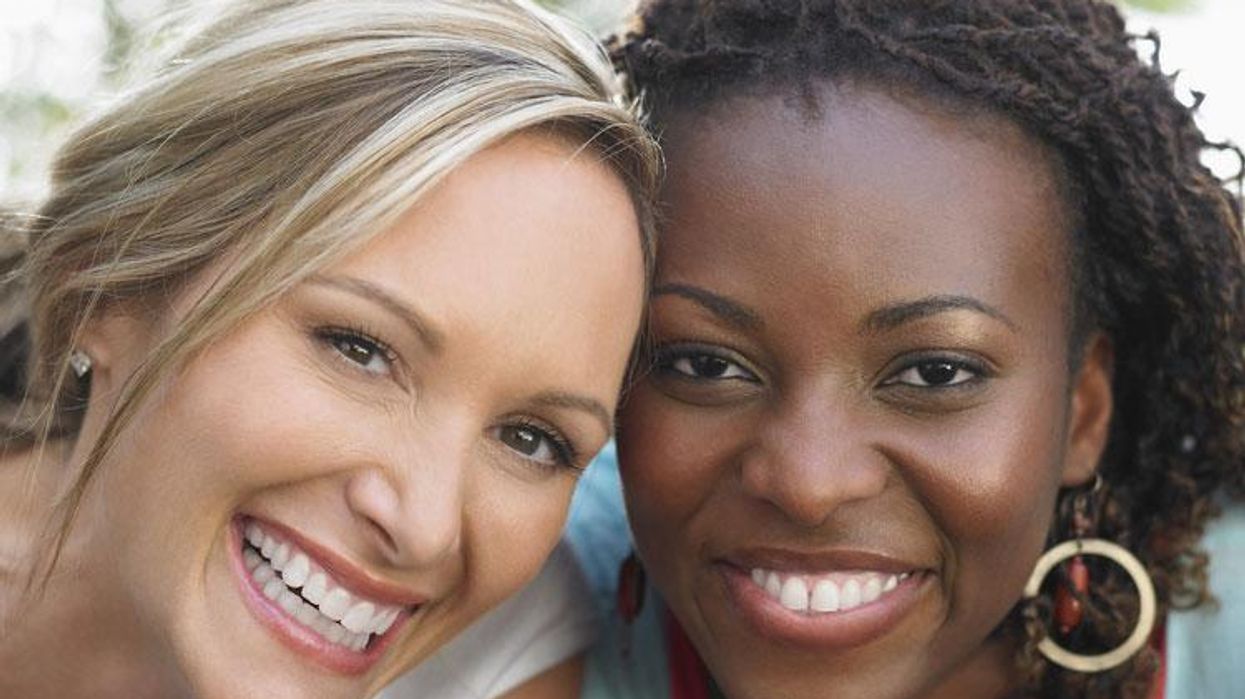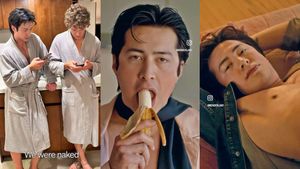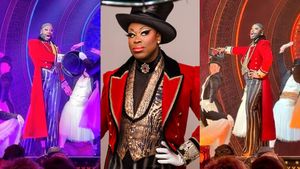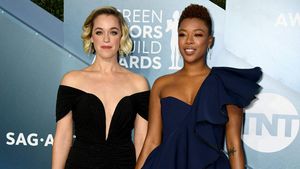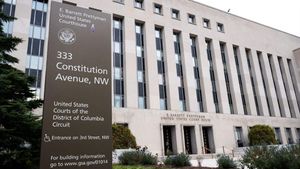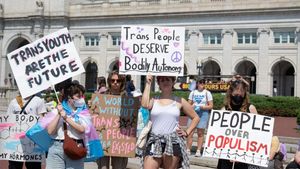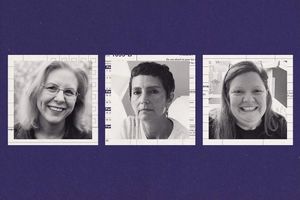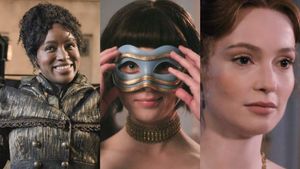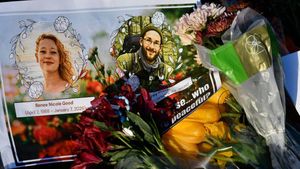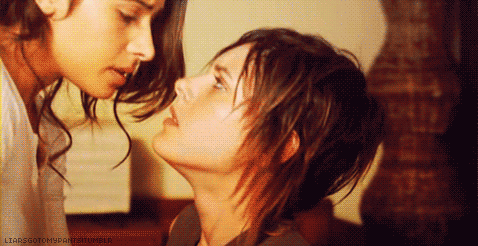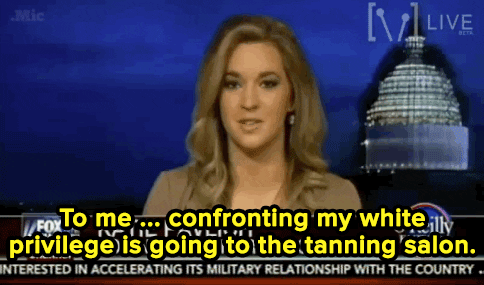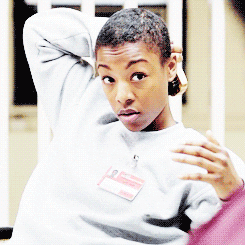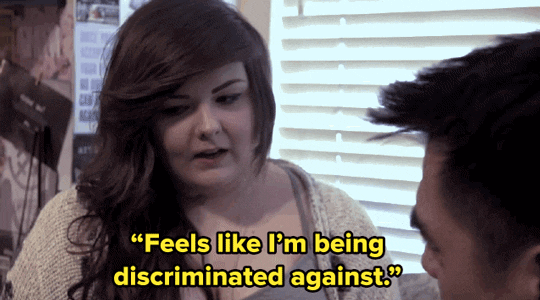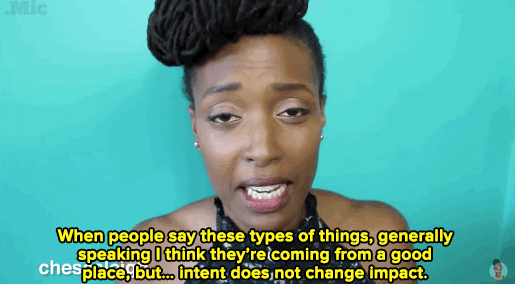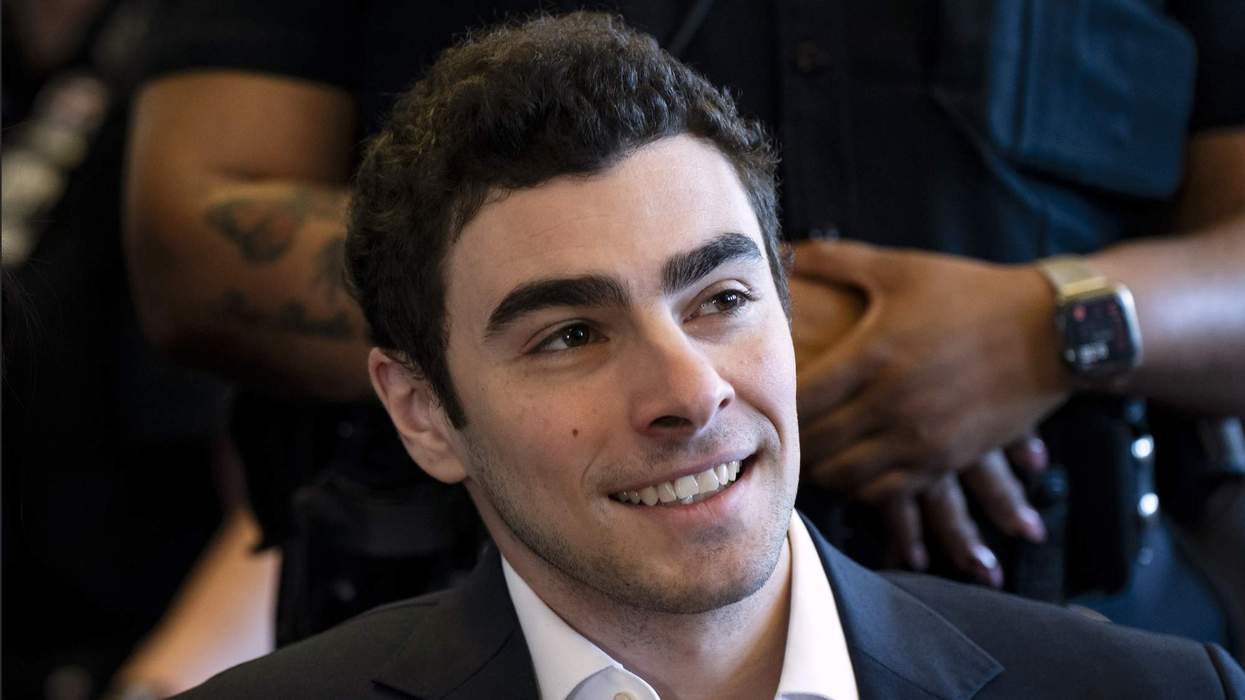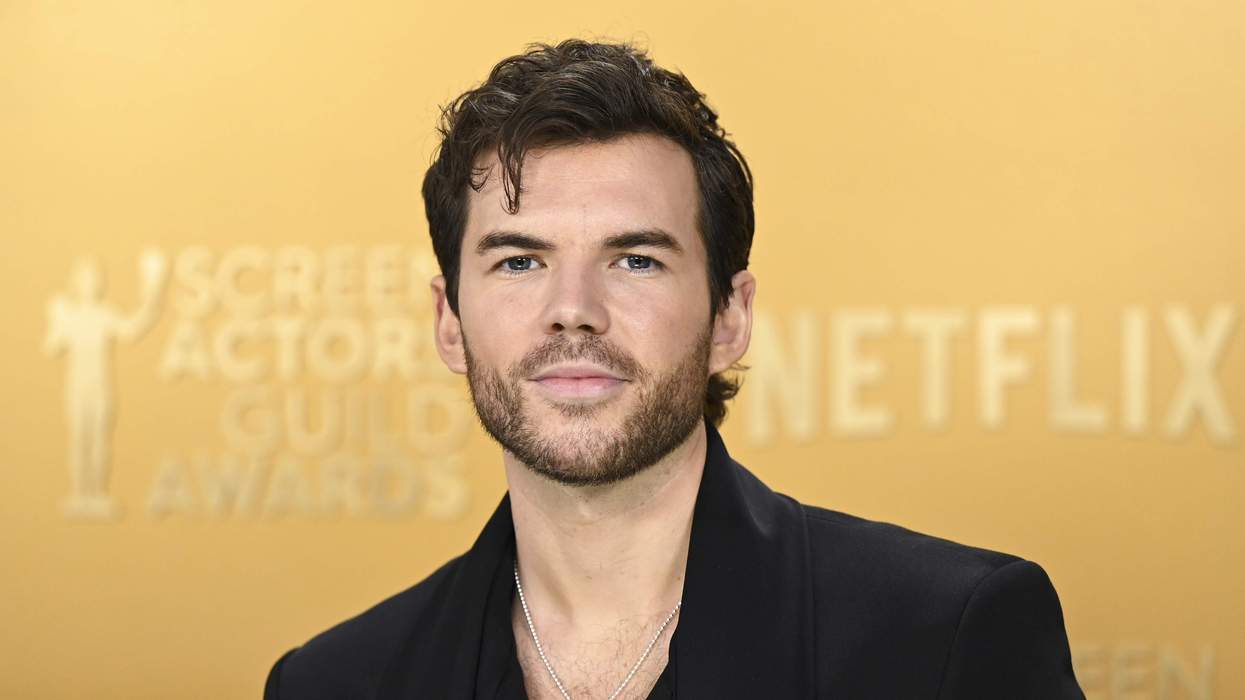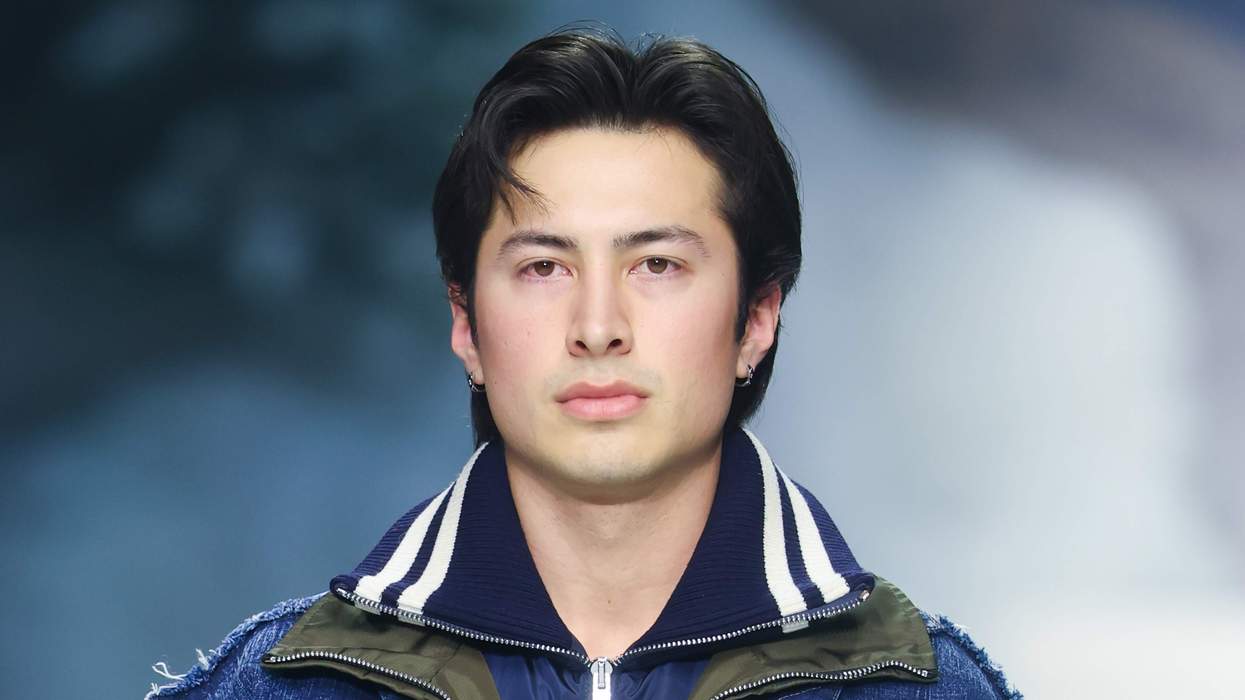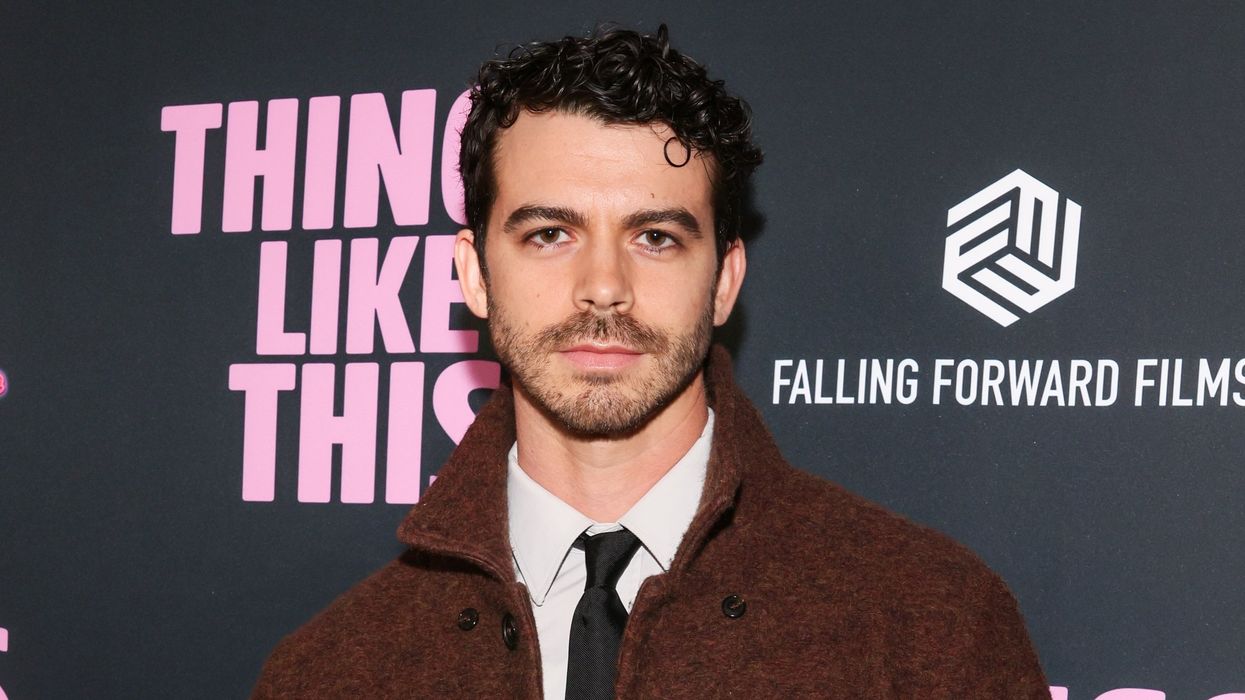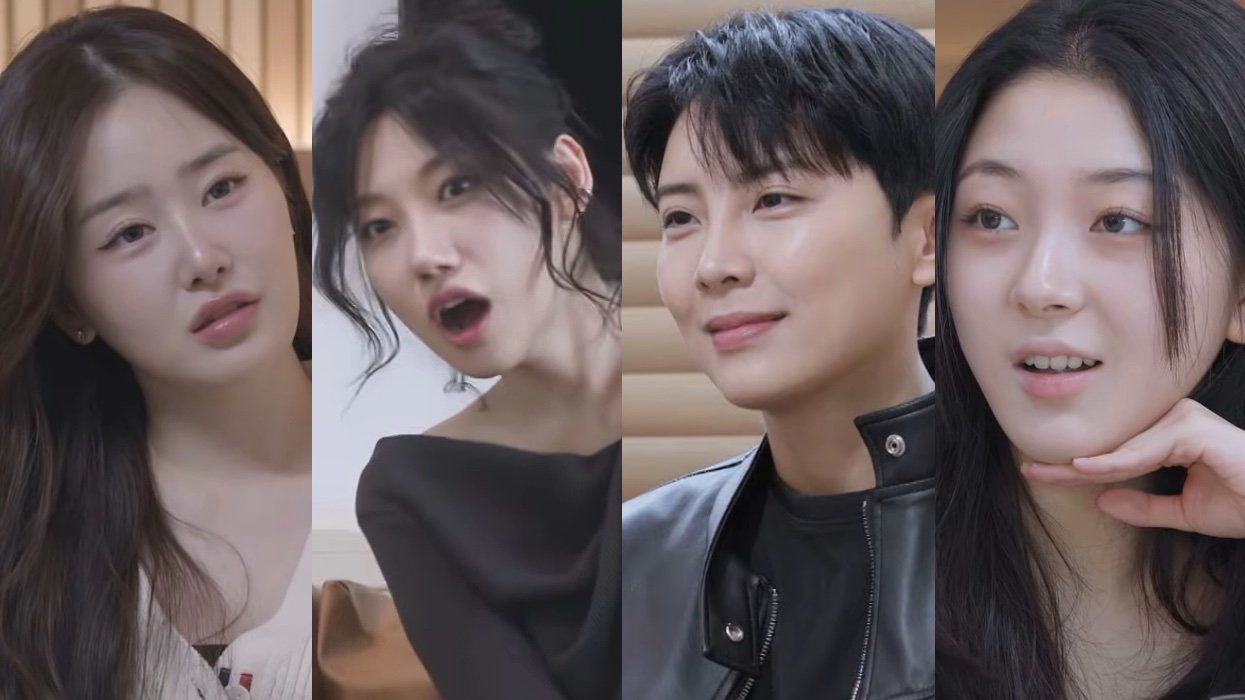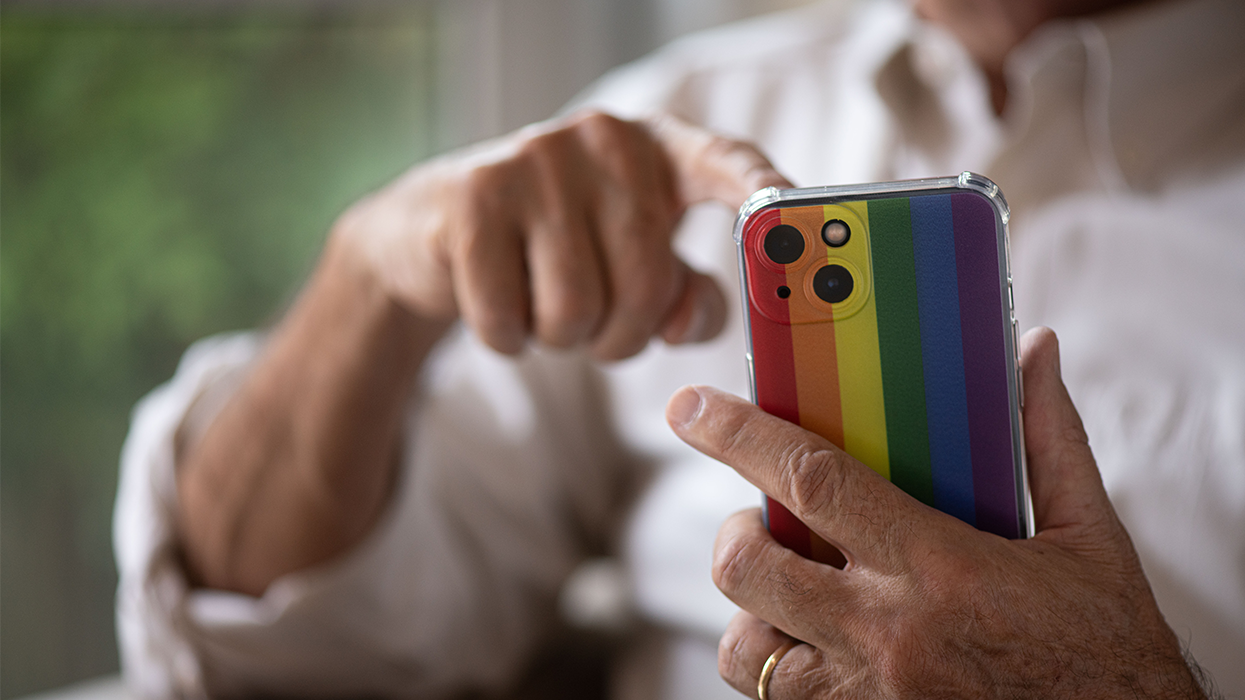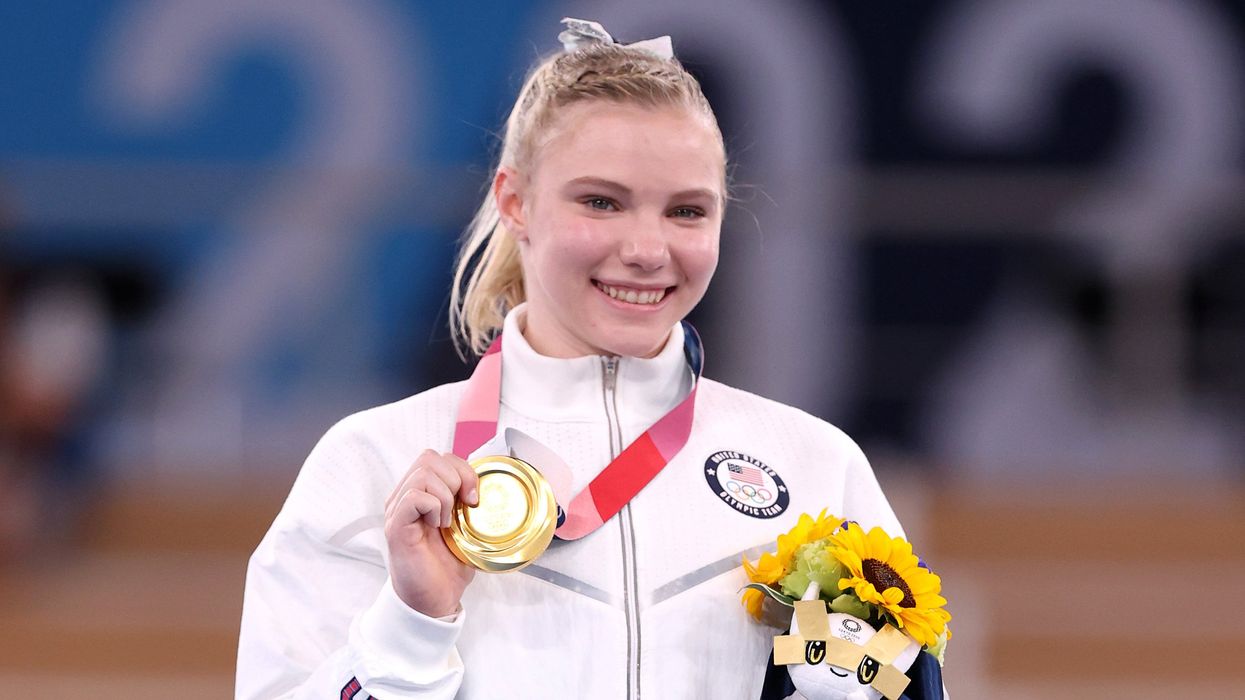I’m all about interracial relationships — as long as the people in them are aware of how race shapes power dynamics, and therefore shape our love lives.
If you’re a white woman who ends up dating a queer woman of color, I cannot stress how much you have to step up to the plate and really pay attention to racial dynamics. While it’s obviously easier to act like we’re all the same and that love is love is love no matter the identities of the people involved in a relationship, our love lives simply don’t exist outside of the suffocating social norms and various -isms that shape our culture.
So we’ve got to talk about what white women who date women of color should know going in.
1. You can’t ignore race
Again, it’s so appealing for many white people to just act like race isn’t a factor. It’s appealing for us women of color, too, because it’s such a pain to have to deal with. But, at the end of the day, we simply don’t have that option. So you don’t either. We have to talk about race head-on.
2. You’re now responsible for calling out racism
Or, should I say, more responsible than ever. Because, as a white person, you’ve always been responsible for calling out racism as you see it. But no matter who it’s from, your family, your friends, your co-workers, you have to call racism out to protect the person you’ve decided to make a priority in your life.
3. You’re going to fuck up
[iframe https://giphy.com/embed/Pj7GoQBKs0S7S allowfullscreen="" class=^{{"giphy-embed"}}^ frameborder="0" height="192" width="480"]
And that’s okay. You can (and 100% should) do all the reseach in the world, but racism is deeply embedded in our society, so mistakes are going to happen. Instead of making it all about you, recognize the ways that whatever has happened may have impacted your partner. Be open, and honest, and create space to actually communicate about your mistake. Apologize, and mean it. And do the work to make sure it never happens again.
4. When racism happens, acknowledge it[iframe https://giphy.com/embed/Xcp39cDyRAGzK allowfullscreen="" class=^{{"giphy-embed"}}^ frameborder="0" height="288" width="480"]
When something racist happens in front of people of color, more often than not there’s a look exchanged among us. It’s a feeling of solidarity, like, “Yeah, I saw that too. What the hell.” But when you’re dating a white person, sometimes it feels like you lose that. Many white people feel more comfortable acting like they don’t notice racism, but nine times out of ten, you’re noticing the same thing we are. Acknowledge the event that has just happened, even if it’s nothing more than a glance. We need to know you see what we see, and welcome dialogue about it.
5. Hair is *probably* going to come up
This one is mostly specific to black women. You may be fascinated by our hair, and have loads of questions you want answered. But it’s important to remember that we’re dating you, not here to be the Black Person You Can Finally Ask Everything. Some questions still aren’t cool. Curiosity is fine, but notice when you’re tipping over into nosy territory. And never mock. You may be okay with people making jokes about your hair, but many black women have had really negative experiences with their hair being poked and prodded at by white people. The last thing you want to do is bring back those awful memories.
6. Some people of color may be pissed that you’re dating[iframe https://giphy.com/embed/hZbQxzpoZy6GY allowfullscreen="" class=^{{"giphy-embed"}}^ frameborder="0" height="376" width="480"]
There are some people who continue to hold the belief that interracial relationships cannot be real relationships, and that dating outside of your race is a sort of betrayal. Family members and friends may be especially concerned. It’s hard to deal with on all sides, but especially on ours, because we don’t want to lose that important connection to our racial community, but obviously aren’t going to give you up, either.
7. Some white people will exoticize and delegitimize your relationship
While people of color may worry that you’re not capable of understanding the experiences faced by your partner, some white people will be straight up disturbed that you’re ruining the “purity” of your relationship. Even if white people are accepting, they may exoticize your girlfriend by talking about how unique and pretty she is in a way they never would if you were dating another white woman. It sucks, but it happens.
8. Prepare to engage in the Mixed Kids debate
Speaking of exotic, people are gross AF about mixed babies. They don’t think of them as actual humans. They think of them as little racism-ending beautiful objects, and that’s messed up. Don’t fall into the trap of enjoying the attention and not correcting these comments. For the sake of current or future children, and all the mixed kids who already exist, be sure to challenge this crap. Trust me: the kids are hurt by it.
9. When it comes to race, listen to your partner[iframe https://giphy.com/embed/26BRBFa1vmic5eQhO allowfullscreen="" class=^{{"giphy-embed"}}^ frameborder="0" height="257" width="480"]
You can read all of the books in the world, but you’ll never really, truly understand what it feels like to be a queer woman of color. While you’re both facing discrimination due to your sexualities, you aren’t impacted by race in the same way. While you are privileged by your whiteness, your partner is constantly feeling the onslaught of racism. So listen to your partner. Love her enough to trust her, and believe her when she says something made her uncomfortable, even if you don’t understand at first.
